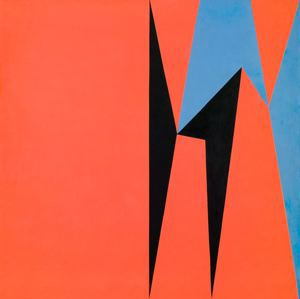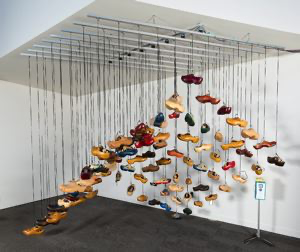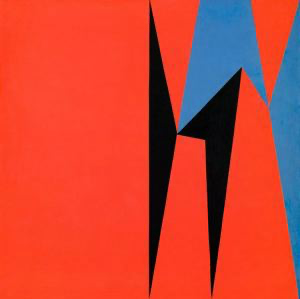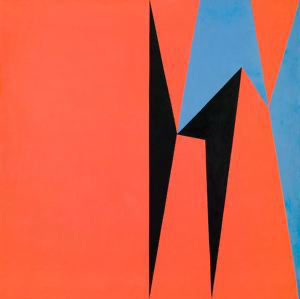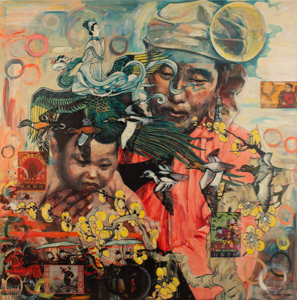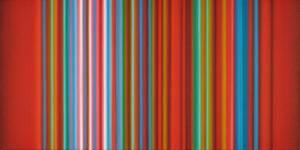| Showing 9 of 52 |
| FILTER RESULTS | × Close |

 by Artist (52)
by Artist (52)
Aaron Morse
1
Agnes Pelton
1
Ben Berlin
1
Billy Al Bengston
1
Birger Sandzen
1
Charles Gaines
1
Charles Howard
1
Clayton S. Price
1
Don Martin
1
Edward Biberman
1
Edward Ruscha
1
Edwin Mieczkowski
1
Elise Seeds
1
Ellwood Graham
1
Emil James Bisttram
1
Eric Orr
1
Forrest Clemenger Bess
1
Gordon Onslow-Ford
1
Helen Lundeberg
1
Henrietta Shore
1
Hilaire Hiler
1
Irving Norman
1
Jack Goldstein
1
James Kelly
1
Jean Lowe
1
John Ferren
1
John Langley Howard
1
June Wayne
1
Karen Carson
1
Karl Benjamin
1
Kim MacConnel
1
Lawren S. Harris
1
Lee Mullican
1
Leo Valledor
1
Leslie Kerr
1
Llyn Foulkes
1
Lorser Feitelson
1
M.A. Peers
1
Margaret Nielsen
1
Maurice G. Logan
1
Norman Stiegelmeyer
1
Oskar Fischinger
1
Reuben Kadish
1
Richard Bowman
1
Rico Lebrun
1
Robert McChesney
1
Robert Ormerod Preusser
1
Selden Conner Gile
1
Sonia Gechtoff
1
Sush Machida Gaikotsu
1
Wally Bill Hedrick
1
Wolfgang Paalen
1

